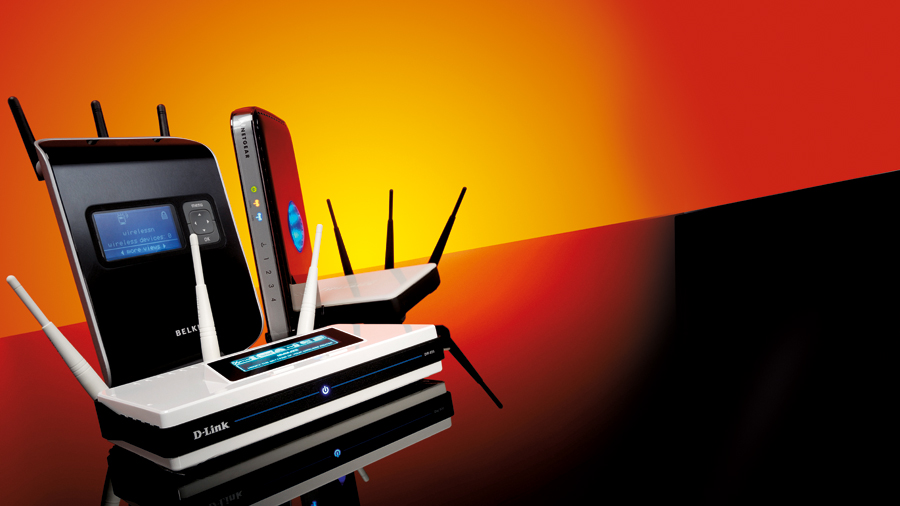Home Wi-Fi security is as bad as 90s PC security, says Avast
1-2-3-4 isn't going to cut it any more

Wi-Fi security in UK homes is as bad as PC security was in the 90s, according to security software firm Avast.
A survey of more than 2,000 internet-connected UK households by the company found that nearly three out of four are at risk of getting attacked through their wireless router.
Avast discovered that more than half of routers use common, or easily hacked password combinations - such as admin/admin or admin/password. It also found that an additional 23 per cent of consumers use their address, name, phone number, street name or other easily guessed terms in their passwords.
Unprotected routers are susceptible to DNS hijacking, which sees malware used to redirect users from known websites to fake ones that mimic the real thing. After logging in, hackers can capture the user's login credentials and use them to access the real site.
Classic problem
In a statement, Vince Steckler, chief security officer at Avast, said that the security lapses of today are reminiscent of PC security in the 1990s, reflecting the "lax attitudes towards security combined with new vulnerabilities being discovered every day creating an easily exploitable environment."
Steckler noted that people today store much more personal information on their devices than in the 1990s and require adequate protection to protect attacks before they happen.
The survey also found that less than half of British people strongly believe their home network is secure, and 15% of respondents reported that they have fallen victim to hackers. Respondents were most concerned about their bank or financial information being stolen (43%), losing their personal information (32%), getting their photos hacked (11%) and having their browsing history stolen (11%).
Are you a pro? Subscribe to our newsletter
Sign up to the TechRadar Pro newsletter to get all the top news, opinion, features and guidance your business needs to succeed!
